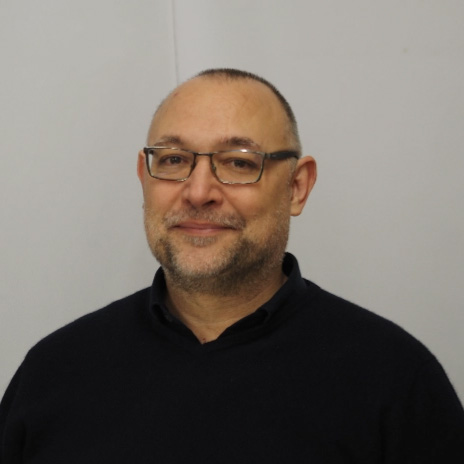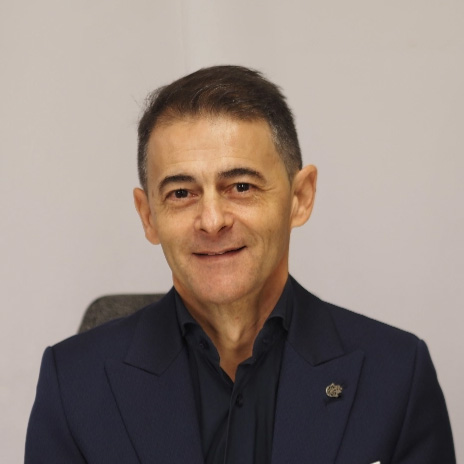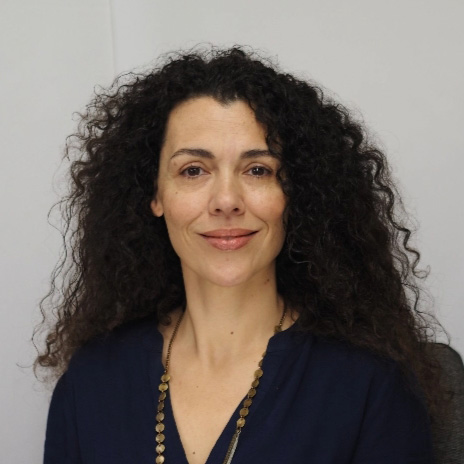The Center for Textile Science and Technology began its activity in 1978, being the first R&D unit in Portugal specialized in the area of Engineering and Design of Fibrous Materials. The scientific competencies of the Unit cover the spectrum of knowledge required to support the growing need for intensive knowledge of the textile value chain. Thus, from product design to materials development, optimization of technologies and processes, and market relations, all these activities are considered within the scope of the Center for Textile Science and Technology (2C2T).
The 2C2T is recognized for the excellence of research in the area of Engineering and Design of Fibrous Materials and aims to help society tackle the biggest and most pressing problems and provide the knowledge base for the continuous viability of the textile value chain for global competition. To this end, the Unit adopts a multidisciplinary approach, conducting research within the University and in collaboration with other universities, research institutions, and companies, covering the entire supply chain.
Currently, the Unit involves 47 collaborators and 31 Integrated Researchers organized into two research groups, namely the Fibrous Materials Engineering group and the Fibrous Product Design group. This previously defined strategy has led to the achievement of expected results, and some indicators have exceeded expectations, with a significant increase in the annual budget for projects (+110%) and publications in international journals (+73%) observed. During the same period, more than 30 patent applications were filed to protect the intellectual property rights of the solutions developed, and 5 spin-offs were active: Weadapt, Newtextiles, Ecofoot, Polyzil, and To-Be-Green.
However, due to the renewal of the textile industry sector, new emerging technologies in this sector, and, above all, the profound changes that have occurred in the 2C2T in the last 6 years in terms of research lines, infrastructure, and human resources, the current organizational model no longer meets the center’s requirements.
The Unit’s Activity Plan for the coming years is based on a renewed strategy. The new organizational structure of the Unit has a circular and inclusive dimension of 3 key areas:
1. Sustainability
2. Digitalization
3. High-performance Applications
These key areas encompass 5 thematic groups, which replace the previous research groups and thematic lines of Fibrous Materials Engineering and Fibrous Product Design:
1. High-performance Engineering Textiles
2. Advanced Textile Processes
3. Sustainable and Regenerative Fibrous Materials
4. Textile Design & Fashion
5. Smart Textiles
The underlying concept of merging research groups with thematic lines is to promote real and complete inclusion and interactivity among the thematic groups to promote research development from a perspective of complementarity among Unit members. In this way, we aim to encourage true scientific collaboration between groups, which has been limited until now.
The research areas of the 2C2T identified as priorities for the next 5 years have also been identified. The research areas are divided into three groups:
Consolidated Areas:
Medical Textiles; Textile Design and Design Education; Sustainable and Natural Fibers.
Developing Areas:
Modeling and Simulation; Fiber-based Energy Harvesting and Storage Systems.
Future Investment Areas:
Artificial Intelligence; Additive Manufacturing; Aerospace Engineering.
It is important to emphasize that along with high-quality research and innovation, the unit invests in advanced education through doctoral and master’s courses and short-term training courses to support industry innovation and sustainable growth. The unit is responsible for two Doctoral Programs and participates in three Master’s courses. During this period, 38 doctoral theses were completed, 186 are ongoing, and 225 master’s dissertations were completed.
Outreach activities also involved the organization of four international conferences aimed at the scientific community (ICNF International Conference on Natural Fibers, AuxDefense World Conference on Advanced Materials for Defense, CIMODE International Congress on Fashion and Design, and the 20th World Textile Conference Autex), as well as dissemination through the press and TV, to raise awareness of new scientific achievements and their social and economic repercussions.
The 2C2T thus aims to remain at the forefront of research and innovation in its field and to become internationally recognized for excellent advanced training, thereby promoting industrial leadership and providing solutions to societal needs. As a prerequisite for achieving this goal, a dual innovation model will continue to be followed, comprising traditional research methods and processes, along with user-centered design processes.
2C2T goals are centered in the development of innovative solutions in strategic and emergent areas involving the textile chain:
Development of new materials /products. Innovative and improved manufacturing processes, methods, equipments and integrated systems. Development of supporting technologies to materials/product engineering. Development of new design methodologies, management and product marketing.
Besides research, 2C2T promotes research training leading to technology and knowledge transfer across different domains through the participation and promotion of Master and PhD Courses. Dissemination strategy includes presentation of research results through conference organization and also the establishment of cooperation protocols between the leading textile associations to promote the cooperation between the industry and university, towards sustainable competitiveness.
Internationalization continues to be a goal, either through the consolidation of networks of experts (European Textile Platform) and research institutions, either through the involvement in European standardization institutions and international committees (CEN,ISO).





